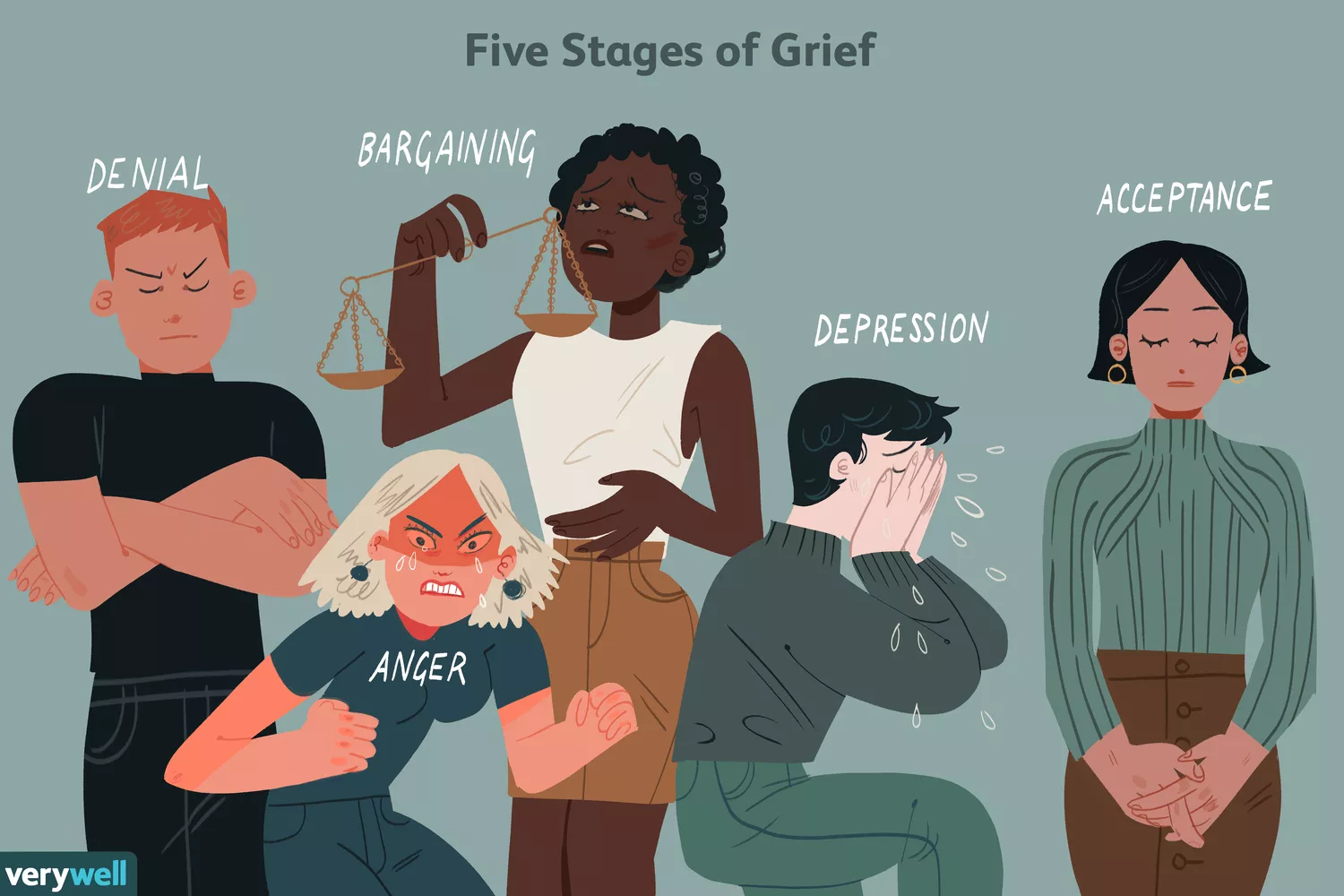Total Therapy Blog

Pandemic Grief
“There have been as many plagues as wars in history; yet always plagues and wars take people equally by surprise.”
Albert Camus “The Plague”1947
This famous quote from Albert Camus’ “The Plague”, which was published in 1947, brilliantly describes the first stage of the grieving process, namely – denial. Indeed, when a disaster strikes, it often feels unbelievable that it is happening to us. This is usually (not always) the very first stage of grief. In this article we will discuss the various stages of grief and how to cope with the process.
When we think about the grieving process, we often think about the loss of a loved one, such as a family member or close friend. However, the grieving process takes place with other forms of loss as well. For instance, loss of marriage (i.e. divorce), loss of employment, loss of physical abilities (e.g. due to injury or illness), loss of opportunities in life, etc. Essentially, grief is a very normal human response to a serious loss in one’s life. So when you think about the ongoing COVID-19 pandemic, what losses might have you experienced in your life? Some of us may have lost a loved one or someone we knew to the illness itself. Others may have lost their job or a source of income due to the pandemic. Yet others may have lost important opportunities in life such as opportunities to travel, interact with friends and family, attend educational institutions, etc.

Dr. Elisabeth Kübler-Ross introduced the model of five stages of grief in the late 1960’s. She suggested that while grieving, people go through five distinct stages:
- Denial (I cannot believe this is happening)
- Anger (at self, others, the world, illness, God, etc)
- Bargaining (Please make it go away – I’ll be a better person!)
- Depression (sadness, helplessness)
- Acceptance (exploring options, finding new meaning)
In the past, psychologists viewed these stages as distinct and following in this specific order. However, more recently it has been widely recognized that the process of grieving is not necessarily linear and it can vary for different people. Some people might be going through some or all of these stages in various orders and sometimes multiple times, going back and forth between stages (sometimes even several times a day). It is very important to understand the grieving process and recognize when a person is going through grief. Recognizing the signs of grief can normalize the process (indeed, your reaction is a normal reaction to abnormal events!) and help you cope with it. So what can help one cope with grief?
- Accepting your feelings. As I said earlier, grief is a normal reaction to abnormal events. So allow yourself to feel what you’re feeling. Remember that you may feel a range of emotions and they can change suddenly and quickly. These are all very normal experiences. The time it takes to grieve is very individual, but remember: it will not always feel so intense.
- Talking about your feelings. Chat with family, friends, co-workers. Let them know you’re feeling sad, numb, overwhelmed, frustrated, etc. Sharing about your emotional experiences with your social support network can be incredibly supportive and healing.
- Take care of your mental health. Try to exercise (if possible), mediate, practice relaxation techniques. Go for walks, visit friends (even if virtually), sit on a patio to have fresh air. Finally, talk to a mental health professional, if you feel overwhelmed with your grief.
Lastly, keep in mind that we live in unprecedented and emotionally difficult times. During a global pandemic it is important to remember that experiencing a wide range of emotions associated with losses is a very normal reaction. It is also important to remember that it will not feel so intense forever, and whatever loss you may have experienced as a result of the pandemic – you will be able to process it, accept it and move forward. In the context of grief, acceptance means your ability to accept the new reality while knowing that you will be ok!









Follow Us!
& Stay Up To Date
BLOG